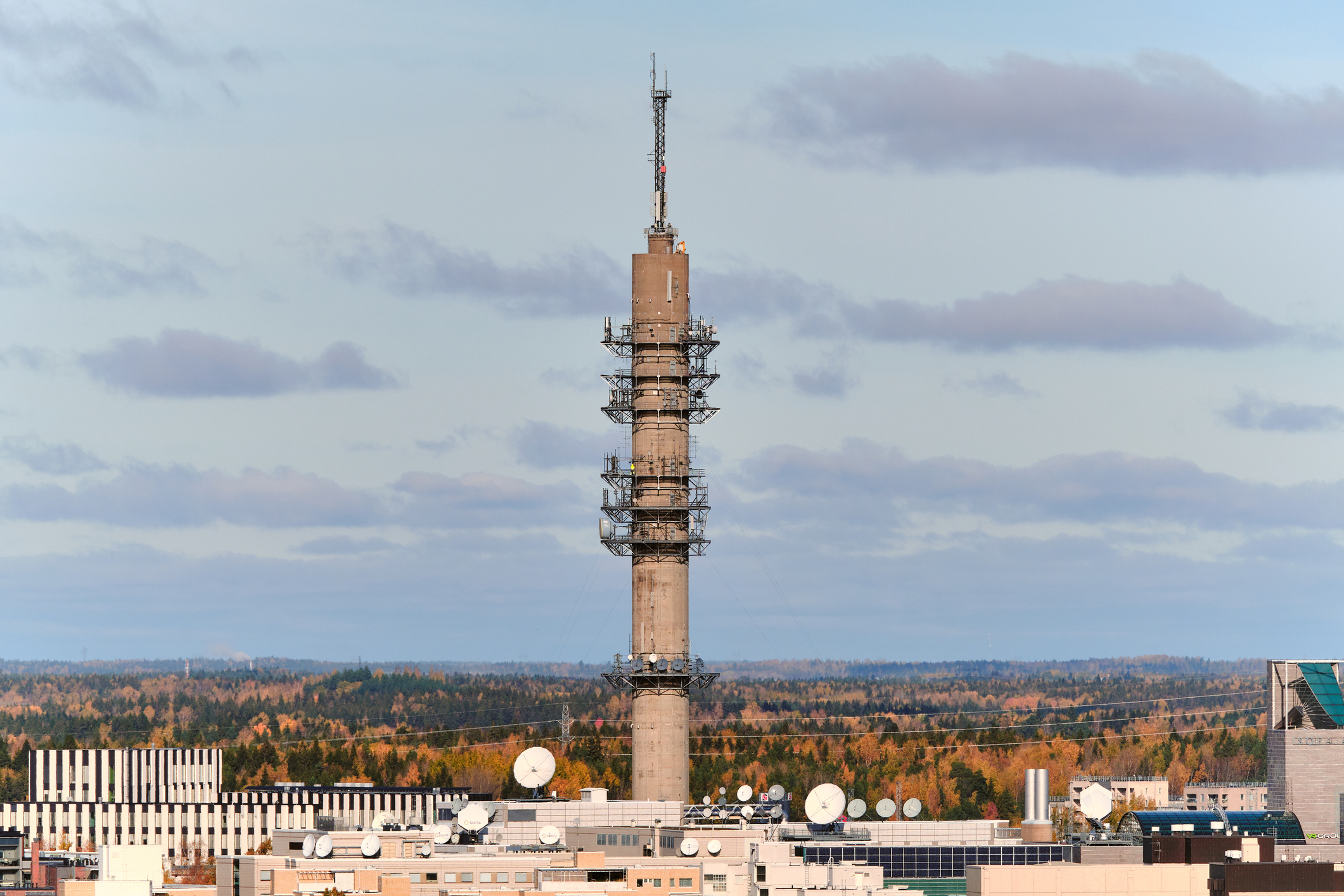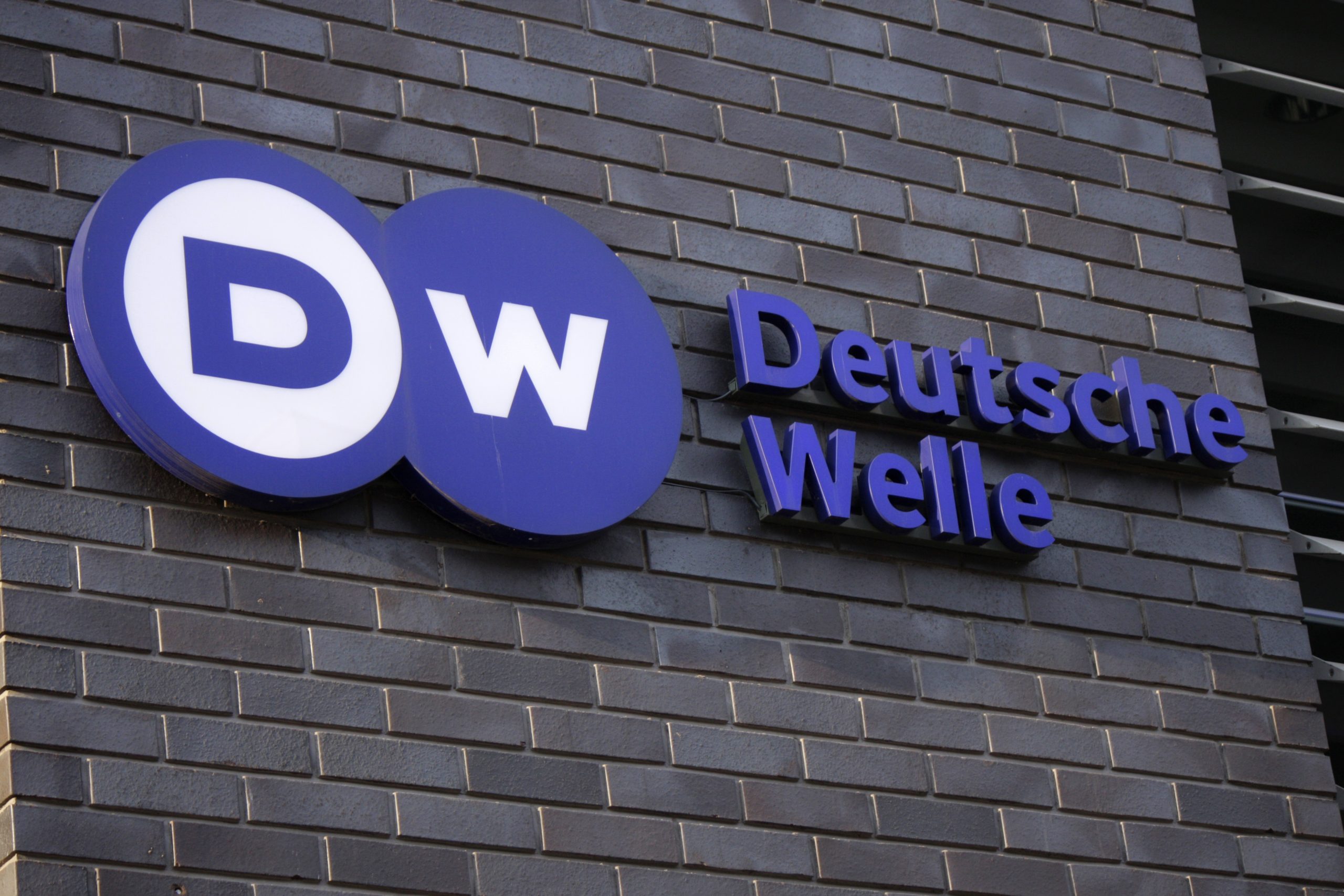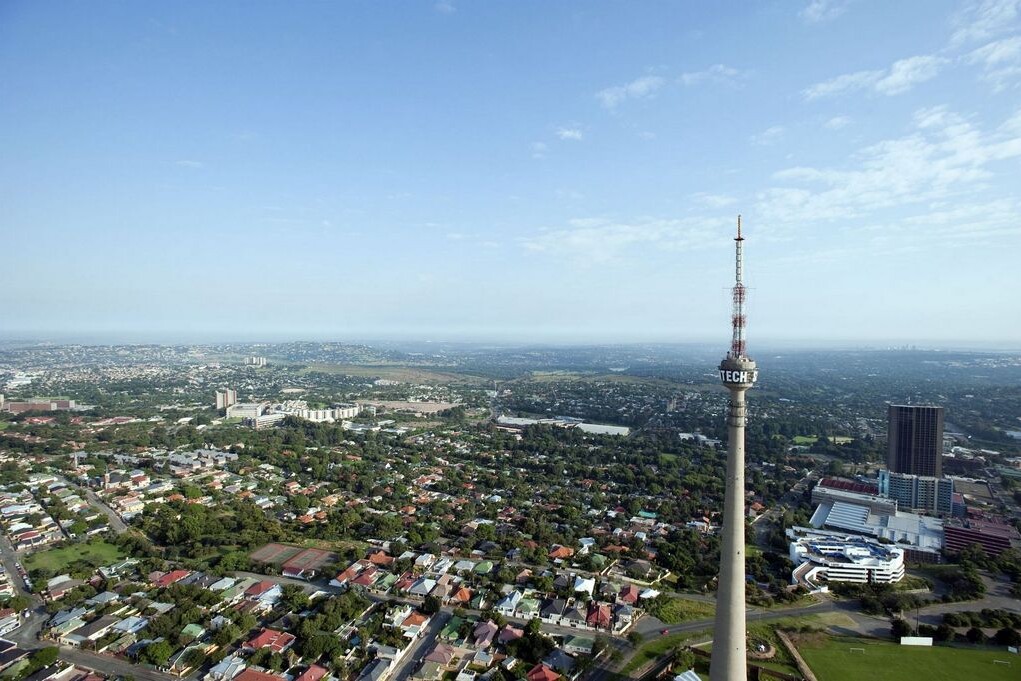The PMA Briefing
Protest, scrutiny and cutbacks
29 April 2025
Public media workers in Argentina have marched to protest wage freezes and the erosion of media freedom, while in the US, the state of Indiana has cut funding for public media. Plus, emergency shortwave radio for Myanmar, India puts the spotlight on foreign media, and a review into workplace culture at the BBC.
Argentina: Public media workers protest over wage freeze
Public media workers and journalists marched through the streets of Buenos Aires to the offices of Argentina’s Public Television, protesting over worsening working conditions and wage freezes. Other protests were staged around the country, denouncing the government’s attacks on press freedom.
Argentinian journalism has been facing a crisis during Javier Milei’s presidency. Since taking office, Milei has repeatedly attempted to silence public media organisations. As these measures did not discourage public media staff from reporting, Milei’s government froze their salaries. According to the Secretary General of Buenos Aires Press Union (SiPreBA), Agustín Lecchi, resorting to such means is “an extortionate, perverse policy that attacks workers psychologically, professionally, and not just through salaries”. Lecchi warned that the undermining of public media did not only concern the difficult working conditions, but it also affected the content broadcasted by public media channels. According to Canal Abierto, the schedule of public channels has been changed, with most popular programs being removed.
This wasn’t the only protest that took place in April. Earlier this month, a nationwide protest of press workers took place against austerity measures and the national government’s policies.
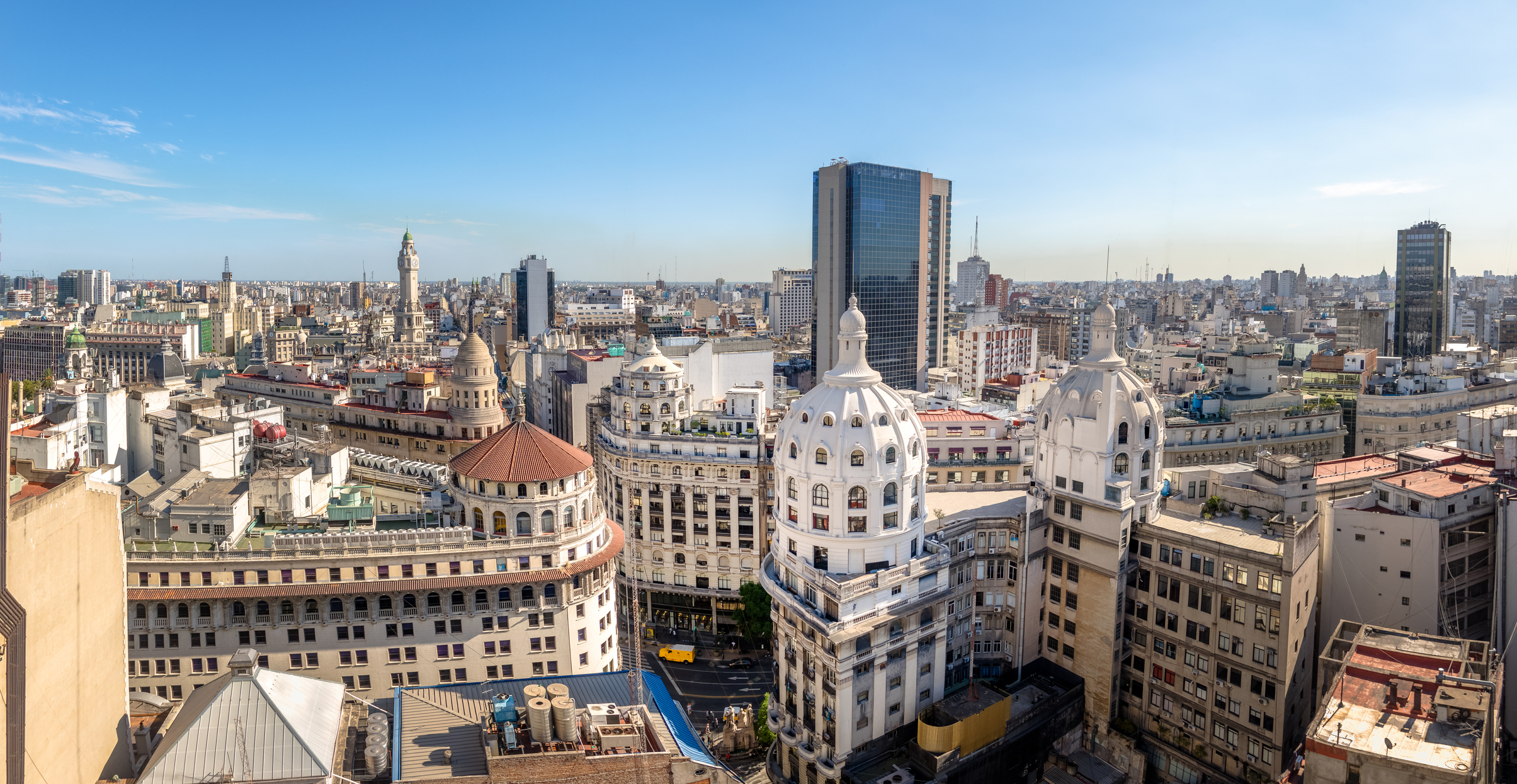
US: Indiana’s public broadcasters lose state funding with federal funding on the line as well
17 public broadcasting stations in the US state of Indiana face a future without state funding, after an initial allocation was cut from the state budget. Public broadcasters were in line to collectively receive $3.6 million from the state government, but a $2 billion budget shortfall led to further cuts, which meant public media funding was axed.
“This decision has real consequences for our ability to provide timely local news, life-saving emergency alerts, and proven educational content that supports children, families, and seniors across Indiana,” said Mark Newman, Executive Director of Indiana Public Broadcasting Stations.
It comes amid a wider onslaught on public media in the US, with the federal government also considering ending all funding for the Corporation for Public Broadcasting (CPB). Jay Kincaid, the Interim executive director of the Indiana public broadcaster, WFIU/WTIU, said that collectively, without either state or federal funding, they were facing a reduction of nearly $2 million. “I assume that means that cuts are going to have to be made to the station,” he said.
Across the US, public broadcasters are appealing for the federal government to continue its support for the CPB, which is responsible for distributing the funding. Many public media are publishing blog posts and articles explaining to audiences and policymakers the value of public media, and the consequences of ending public funding. “Such cuts would leave many northeast and central Pennsylvania residents, especially those in our rural areas, without the critical services local public television stations provide, from life-saving public safety services to proven education resources to essential local journalism,” said WVIA President and CEO, Carla McCabe.
However, as yet, the threat of federal funding cuts remains. Despite Congress approving funding for the CPB in March, a bill called the No Propaganda Act proposes ending all funding for CPB.
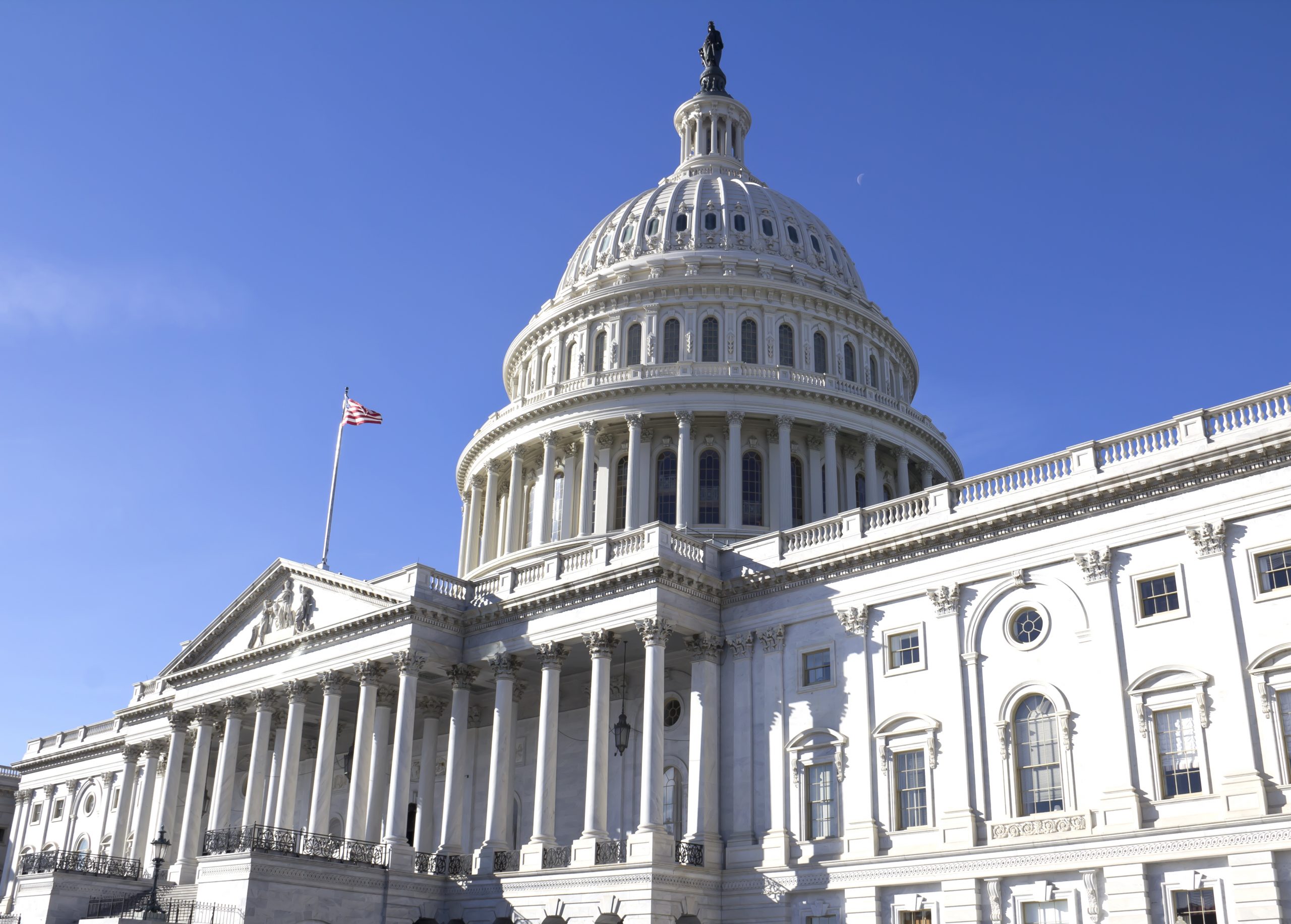
India, Pakistan & UK: Foreign media facing Indian gov’t scrutiny
India has banned Pakistani YouTube news and sport-related channels and criticised the BBC for its coverage, in the wake of the deadly 26 April attacks in Pahalgam, in the disputed region of Kashmir.
NDTV reported that the ban on the YouTube channels was to stop the spread of “provocative, communally sensitive content, and misleading narratives” towards India, its army and security forces.
Separately, the Ministry of External Affairs (MEA) has called out the head of BBC India, Jackie Martin, for the use of the term “militant attack” when referring to the shootings in Pahalgam in BBC’s reporting. “A formal letter has been sent to the BBC on terming terrorists militants. The External Publicity Division of the MEA will be monitoring the reporting of the BBC,” concluded the Ministry.
According to The Hindu, a BBC spokesperson assured that the media sought to report on the events accurately, impartially and responsibly. “Our long-standing position, reflected in the BBC’s Editorial Guidelines, is to use the word terrorist with attribution. Anyone who has seen or listened to our coverage will have heard the word used in quotes and interviews,”.
It’s not the first time the BBC found itself in the Indian government’s scrutiny. In the past, the government had strongly objected to a BBC documentary “India: The Modi Question,” and decided to block its screening.
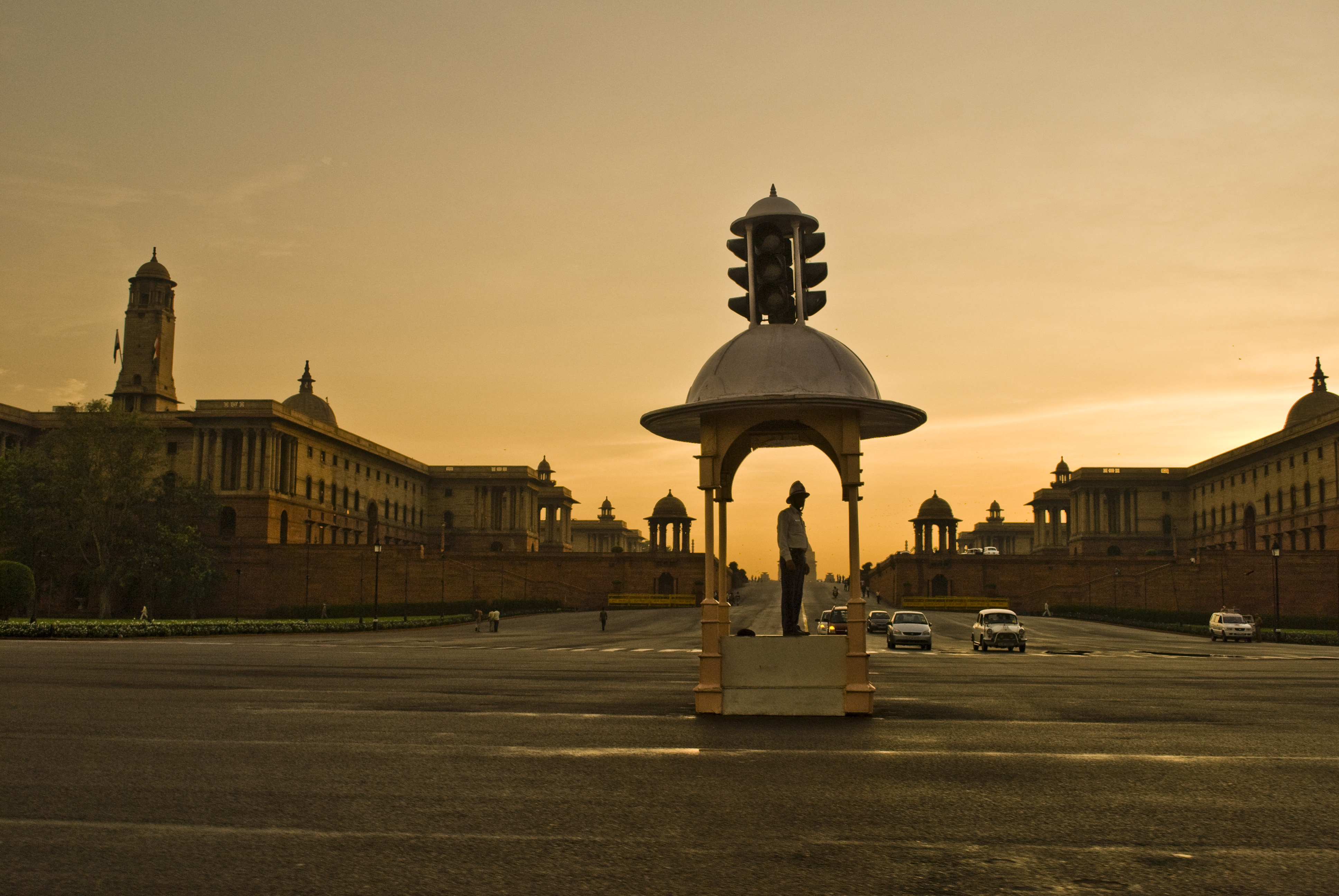
UK: Review into BBC culture
An independent report into workplace culture at the BBC has found that some of its top stars and managers “behave unacceptably” with little repercussion, but there is not a widespread “toxic culture”.
The review, which heard from 2,500 staff and freelancers, was commissioned after the scandal surrounding the news anchor Huw Edwards, who was convicted of sex offences. It found that bosses often failed to address bad behaviour from “pockets of the organisation”.
“Even though they are small in number, their behaviour creates large ripples which negatively impact the BBC’s culture and external reputation,” the report concluded.
The BBC said it would take immediate steps to implement the recommendations in the review, which have been accepted by both the director-general and the board.
The recommendations include a refreshed code of conduct, a more robust disciplinary policy, and a new ‘call it out’ campaign.
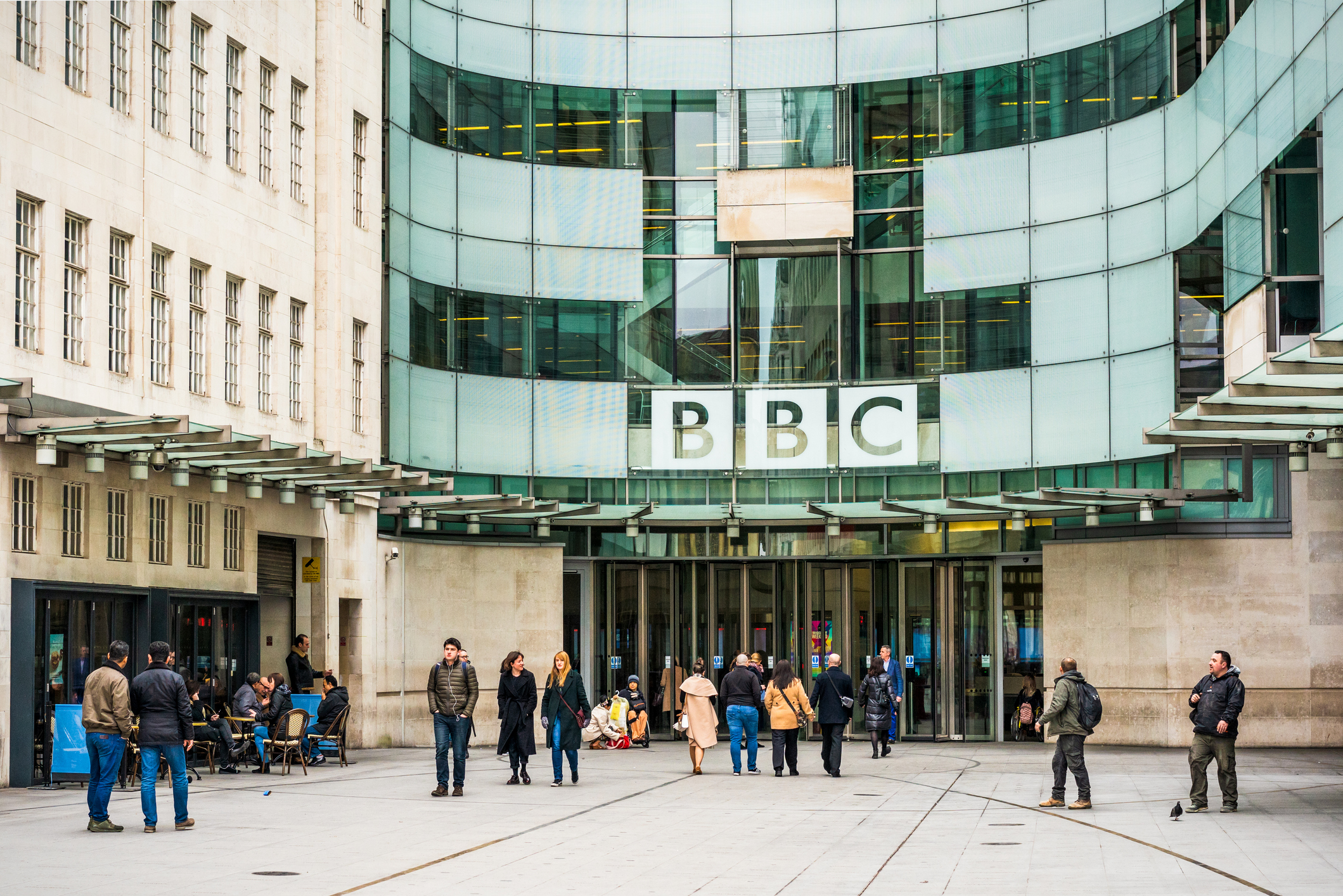
Myanmar: DVB launches shortwave station
The Democratic Voice of Burma (DVB) has launched a temporary emergency shortwave radio network to reach audiences in Myanmar, following the devastating earthquake in March. Twice a day, DVB has been broadcasting a 30-minute news report via shortwave, providing updates on the response, casualties and injuries, and those still missing.
Due to severe restrictions on independent media in Myanmar, there are concerns that citizens are not able to access accurate and trustworthy information. DVB has been in exile since the military coup in 2021. It has utilised shortwave before, after Cyclone Mocha in 2023.
“Radio is a very old medium, but in times of crisis it is the most reliable and widely reached medium,” said DVB Chief Editor Aye Chan Naing. “We are happy that we have the chance to get back on the airwaves [in Burma to broadcast news] for earthquake victims, even if only temporarily.”

Featured Image: British Broadcasting Corporation (BBC) headquarters building on Portland Place. Credit: Willy Barton / Shutterstock.com
Related Posts
23rd April 2025
How to combat disinformation | The PMA Briefing
Disinformation spread fast as elections…
15th April 2025
New programmes, initiatives, hubs & pledges | The PMA Briefing
Public media highlight and launch new…
25th March 2025
Plans to strengthen broadcasting through mergers & partnerships | PMA Briefing
Indonesia and Bangladesh's gov't…
